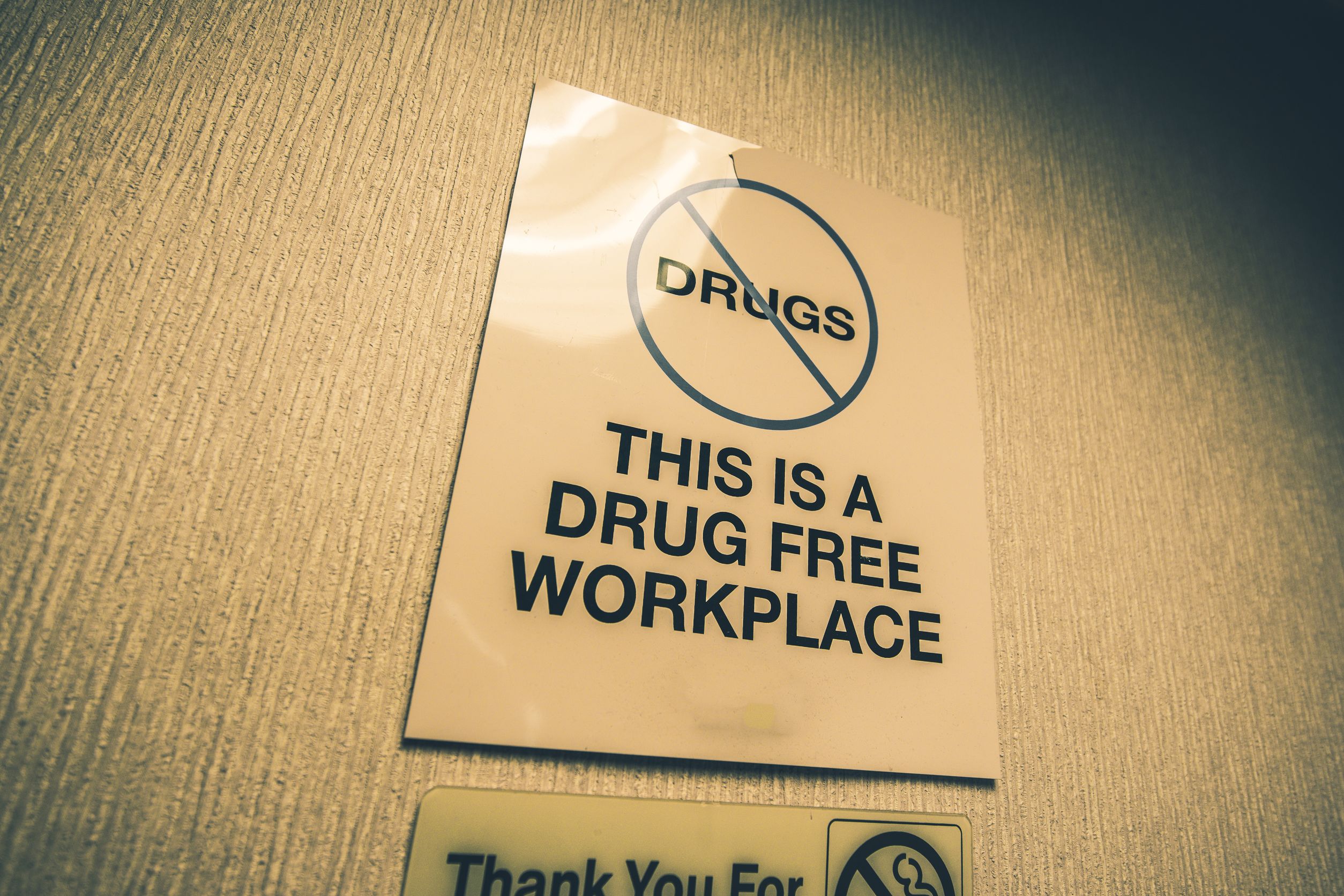Safety is the number one priority within the Department of Transportation (DOT). To ensure public safety, DOT-mandated employees who perform safety-sensitive functions must remain drug and alcohol free. If a safety-sensitive, DOT-mandated employee fails a drug and/or alcohol test they will be removed from their duties until they successfully comply with the SAP process.
Why Do Safety-Sensitive, DOT-Mandated Employees Need to Remain Drug and Alcohol Free?
After a series of reported accidents within various modes of transportation due to substance abuse, the United States Congress decided that the transportation industry must enforce a drug and alcohol-free policy. In 1991, Congress unanimously passed the Omnibus Transportation Employee Testing Act.
In order to comply with the Omnibus Transportation Employee Testing Act, employers must ensure that the safety-sensitive employee or applicant is drug and alcohol free before they become employed and for the duration of their employment. Their drug and alcohol free status is determined when the employee submits to a pre-employment drug and/or alcohol test as well as when or if they submit to a drug and/or alcohol test after certain accidents, due to reasonable suspicion or at random.
Tips to Keep A Drug and Alcohol Free Workplace
Between preventative measures, such as education, early intervention, and a referral for evaluation, employers have a plethora of tools at their disposal to help keep a drug and alcohol-free workplace.
- Provide Education and Training. On several occasions, it falls to DOT mandated employees and their employers to recognize the signs of drug abuse or a problem in a staff member. Handling such cases amicably not only is a plus to the organization but also a keystone to creating a positive attitude of support that the company requires in order to achieve a drug-free workplace culture. Training your staff and fellow-employees on what the potential signs and symptoms of drug and alcohol abuse look like is important.
- Following drug and alcohol testing protocol. Ensuring that your employees are drug and alcohol free by following the drug and alcohol testing protocol is mandatory. Whether you are testing for reasonable suspicion, at random or as a follow-up to their recent re-entry into the workplace, testing at the appropriate times will help eliminate drug and alcohol use from the workplace.
- Referral for evaluation and treatment. If a DOT mandated employee violates a federal DOT drug and alcohol abuse test, it is the employer’s duty to either give them a SAP list or to refer the employee to a service agent so they may be referred to a SAP in their area to begin the SAP process.
- Create a Clear Written Policy. A drug and alcohol-free DOT agency starts with an accessible and precise drug and alcohol policy. By a large percentage, the tone of the policy will define the expectation demanded from the DOT mandated employees, the drug test frequency, and the consequences in case of violation. Keeping this policy visible in common areas helps to reiterate the importance of the matter.
If you are an employer of safety-sensitive, DOT-mandated employees who have recently failed a drug and/or alcohol test, connect with SAP Referral Services today. We are a service agent with an extensive network of qualified providers in more than 3,000 locations nationwide. Call 410-668-8110 or click here to request employer info.
SAP Referral Services (SRS) is the leading facilitator for mandated substance abuse evaluations. SRS maintains an extensive network of qualified providers in more than 3,000 locations nationwide for testing violations that originate from any of the DOT’s modes including FMCSA, FAA, FRA, FTA, USCG and PHMSA, or a company’s internal drug and alcohol testing policy.
